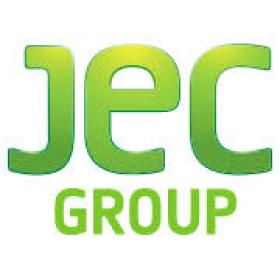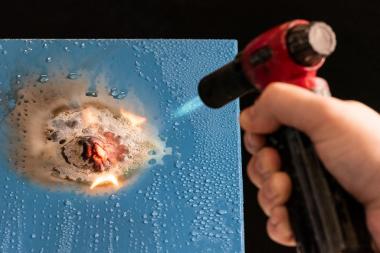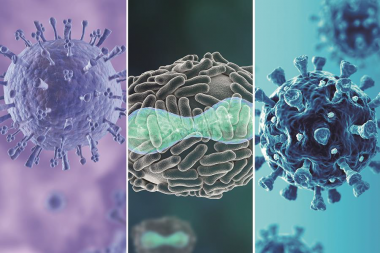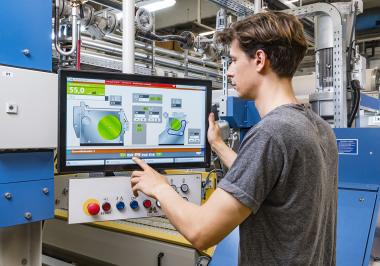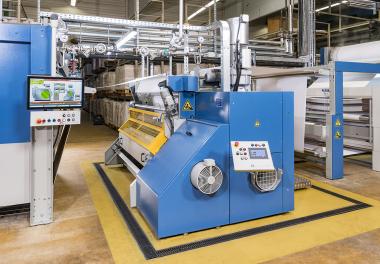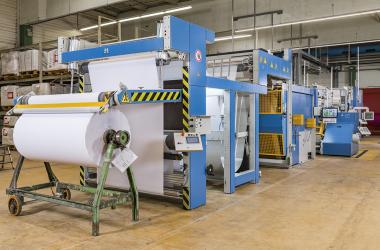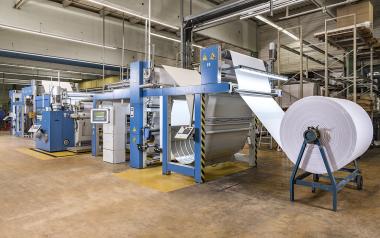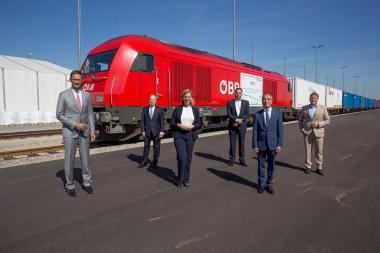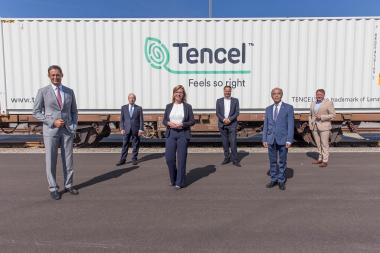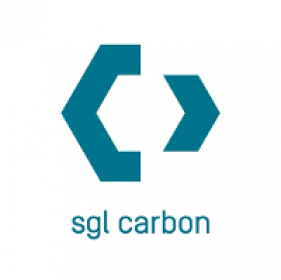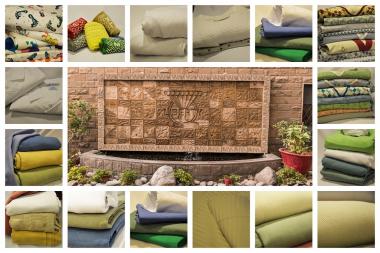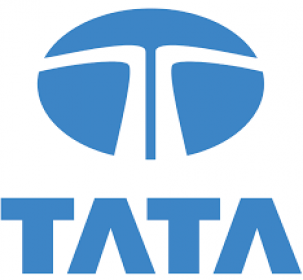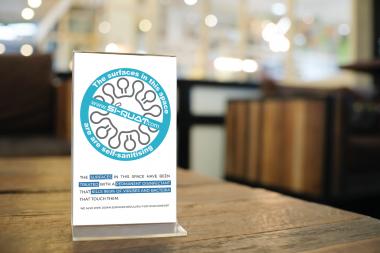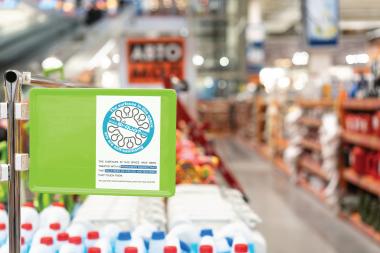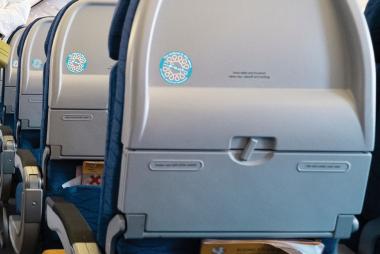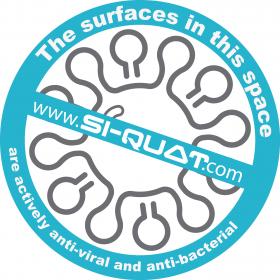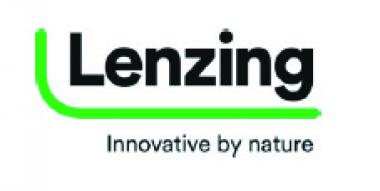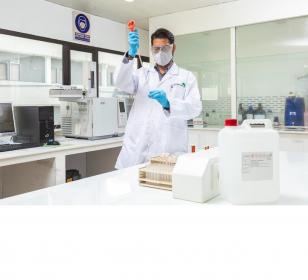Lenzing introduces blockchainenabled traceability platform
- New level of transparency in the textile industry
- Building on several successful pilot projects with TextileGenesis™, the digital platform for the traceability across the textile supply chain has now been introduced.
The Lenzing Group, a leading company in the area of wood-based specialty fibers, celebrates another milestone on the way to making the textile and apparel industry more sustainable and transparent. Since 2019, Lenzing has been using the blockchain technology powered by the Hong Kong start-up TextileGenesis™ to ensure the traceability of textiles from fiber to production and distribution. After several successful pilot projects, the digital platform was launched on 5 November for TENCEL™ and LENZING™ ECOVERO™ branded fibers. The platform provides customers and partners as well as consumers with an overview across the entire textile supply chain.
With the COVID-19 pandemic, more changes have been brought to the already transforming fashion and textile industries. To date, supply chain traceability has become a top priority for apparel and home brands. With the blockchain-enabled supply chain traceability platform powered by TextileGenesis™, Lenzing supports the entire supply chain in meeting the increasing demand for transparency and sustainability.
Phased onboarding and new digital certificates
A follow-up of a 12-month pilot program and field trials with four leading sustainable brands (H&M, ArmedAngels, Mara Hoffman and Chicks) and supply chain players from 10 countries in three regions, the global roll-out of Lenzing’s blockchain-enabled supply chain traceability platform will be conducted in phases. During the first phase, Lenzing’s supply chain partners based in South Asia (India, Bangladesh, Pakistan and Sri Lanka) will complete the onboarding process within Q4 2020. An estimated 300+ supply chain partners in China and Turkey will also join the program in Q1 2021. It is estimated that by Q2 2021, most eligible Lenzing supply chain partners will be onboarded into the platform, ensuring full supply chain traceability.
One of the core components of the platform powered by TextileGenesis™ is integration with the Lenzing EBranding fabric certification system, which allows brands and retailers not only to access the full supply chain traceability for TENCELTM and LENZINGTM ECOVEROTM branded fibers but also to view the results of forensic (physical) verification of fabric samples via the digitally signed Lenzing E-Branding fabric certificates. “
Over the past year, during the pilot program and field trials we have been receiving very positive feedback from brands and supply chain partners. Our brand partners have also been encouraging us to accelerate the global roll-out for traceability of Lenzing fibers. With this new system and the integration with Lenzing E-Branding fabric certificates, the entire Lenzing ecosystem will create an unprecedented level of transparency. This will provide consumers with the most sustainable and climate-friendly clothing and home textile products that are made of TENCEL™ or LENZING™ ECOVERO™ branded fibers”, says Robert van de Kerkhof, Chief Commercial Officer and Member of the Board at Lenzing.
“With increasing compliance and reputational risks, CEOs and Boards of top 100 fashion brands have committed to using 100% sustainable and traceable fibers over the next 5 years, with transparency being a core part of business priorities. Sustainability and traceability are two sides of the same coin, and it’s great to see Lenzing paving the way for the entire fashion industry to follow. Our supply chain traceability platform will create digital accounting for Lenzing’s innovative and sustainable fibers across the entire supply chain using Fibercoins™ traceability technology”, says Amit Gautam, Chief Executive Officer and Founder of TextileGenesis™.
Fibercoin™ technology to ensure traceability across supply chain
Through using the innovative Fibercoin™ technology of the TextileGenesis™ platform, Lenzing and other brand
partners are now able to issue digital tokens (blockchain assets) in direct proportion to the physical shipments of TENCEL™ and LENZING™ ECOVERO™ branded fibers. These digital tokens provide a unique “fingerprint” and authentication mechanism, preventing adulteration, providing a more secure, trustworthy, digital chain-of custody across the entire textile supply chain, and most importantly, ensuring the materials are sustainably produced.
Lenzing Aktiengesellschaft







